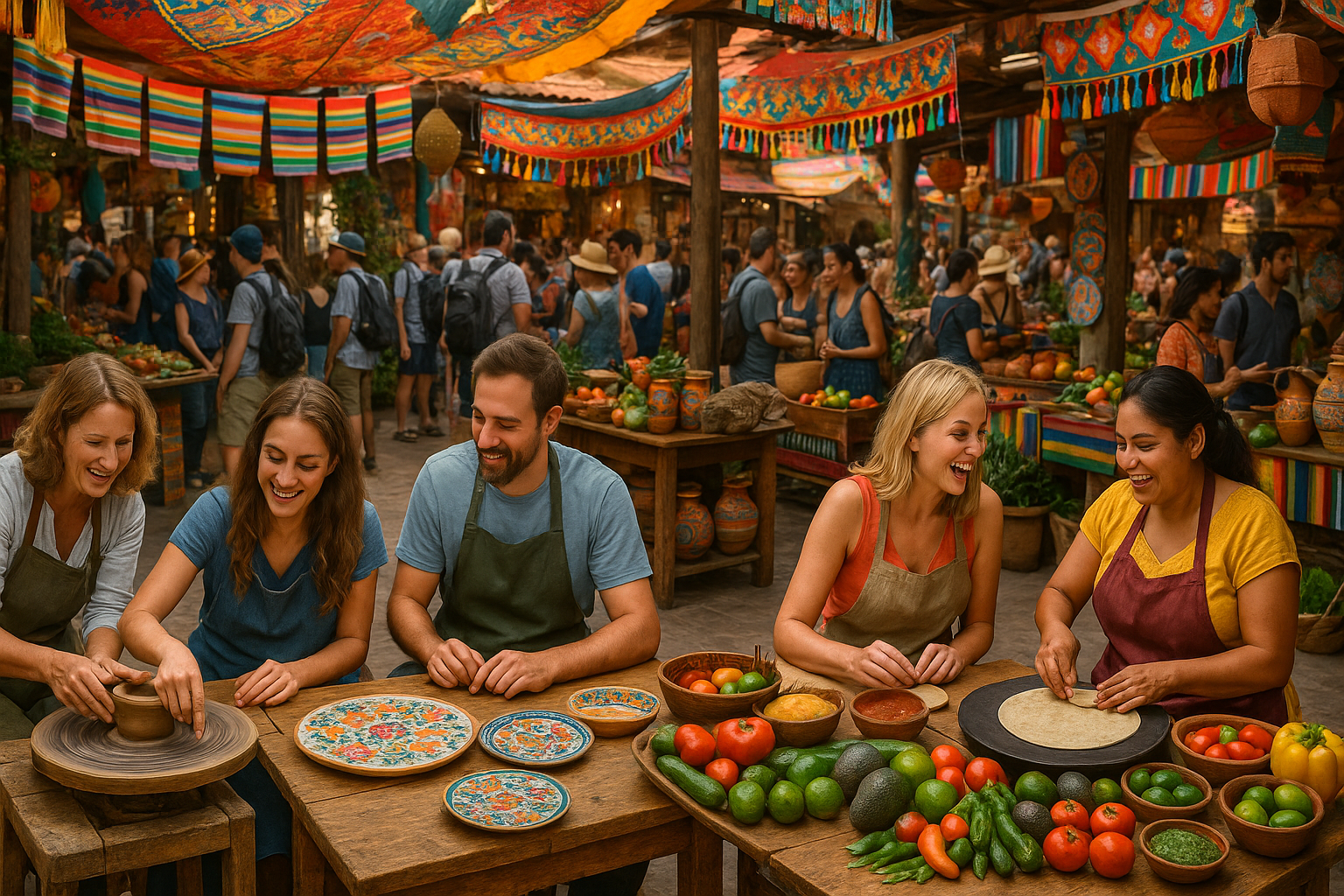Transform Every Trip with Experiential Tourism Destinations
Unlock unforgettable experiences and elevate your travel game by exploring experiential tourism destinations that offer unique insights and adventures—browse options, search options, and visit websites to transform your next trip.

Understanding Experiential Tourism
Experiential tourism is a travel trend that emphasizes engaging, authentic experiences allowing travelers to connect deeply with the culture, history, and environment of a destination. Unlike traditional tourism, which often focuses on sightseeing, experiential tourism offers immersive activities that provide a deeper understanding of a place. This approach caters to the growing demand for meaningful travel experiences, where the journey is as important as the destination itself.
The Appeal of Experiential Tourism
One of the primary benefits of experiential tourism is the opportunity to participate in activities that foster personal growth and cultural understanding. Travelers can enjoy cooking classes in Italy, wine tasting tours in France, or wildlife safaris in Africa, each offering a unique perspective on local life. These experiences not only enrich the traveler's knowledge but also contribute to the local economy by supporting small businesses and artisans.
Economic Impact and Opportunities
The experiential tourism market is booming, with a projected growth rate that outpaces traditional tourism sectors. According to a report by the Global Wellness Institute, wellness tourism, a subset of experiential tourism, is growing at a rate of 6.5% annually, which is more than double the growth rate of general tourism1. This growth presents lucrative opportunities for businesses and entrepreneurs who can offer unique, authentic experiences to travelers.
Cost Considerations
While experiential tourism can be more costly than conventional travel due to its personalized nature, many travelers find the investment worthwhile for the unique experiences gained. Prices vary widely based on the type of experience and location. For instance, a week-long cultural immersion program in Japan might cost around $2,500, including accommodation and meals, while a day-long culinary tour in Spain could be as affordable as $1502. Many travel websites offer deals and discounts, so it’s beneficial to search options and compare prices before booking.
Popular Experiential Tourism Destinations
Several destinations have become hotspots for experiential tourism due to their rich cultural heritage and diverse offerings. Countries like Thailand, with its vibrant street markets and cooking classes, and Peru, offering trekking adventures to Machu Picchu, are popular choices. In North America, the United States boasts numerous experiential opportunities, from wine tours in Napa Valley to jazz music workshops in New Orleans3.
How to Plan Your Experiential Trip
Planning an experiential trip requires some research to ensure you get the most out of your experience. Start by identifying what interests you most—whether it's nature, history, or culinary arts—and then search for destinations that offer those experiences. Websites dedicated to experiential travel can provide curated lists of activities and accommodations to suit your interests. Additionally, consider working with a travel agent specializing in experiential tourism to tailor a trip that meets your specific desires and budget4.
Experiential tourism offers a transformative way to travel, turning every trip into an opportunity to learn, grow, and connect with the world around you. As you explore these options and consider your next adventure, remember that the journey is as enriching as the destination itself.